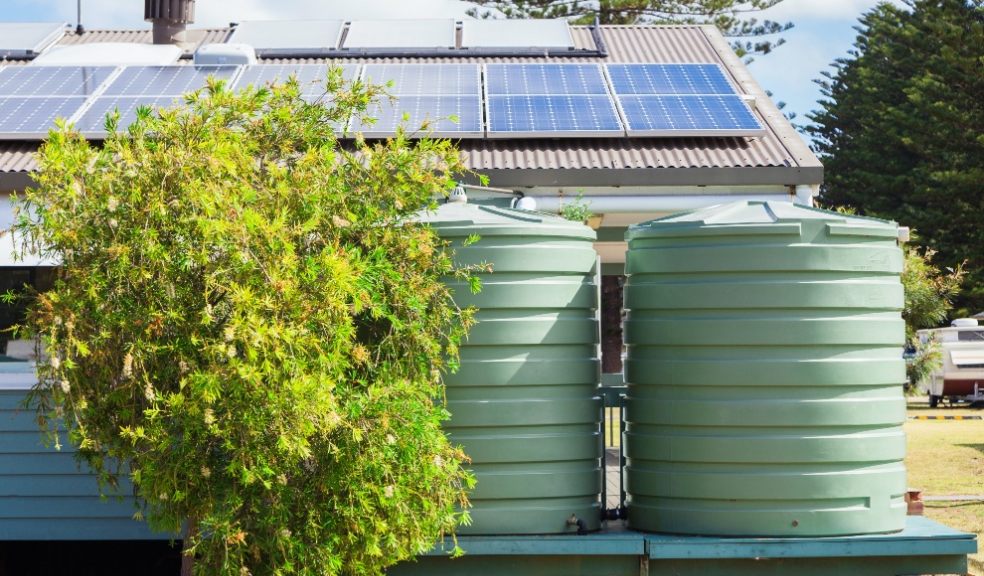
4 Considerations when choosing a domestic water storage tank
Water is the primary source of survival. It can be used for household, agricultural, industrial, and electrical purposes. But, more than anything else, water is important to the human body because it helps maintain bodily functions. Because of this, effective water storage solutions, like domestic water storage tanks, are developed to make sure people have access to a sufficient supply of water.
Primarily, a water tank serves as a blessing during emergencies and other uses as it provides people with usable water all day and night. This is especially true if you need potable water to stay hydrated for heart health. However, with a variety of options to choose from, you might be wondering which one is the best for you.
Thus, to help you with your selection, below are four considerations when choosing a domestic water storage tank:
1. Type of material
One of the essential considerations when searching for a tank is the type of material you prefer. Generally, a tank is made from different types of materials. These can include:
- Plastic and Polyethylene: If your budget is tight, a water tank made from plastic or polyethylene can be an excellent choice. Aside from being light, it’s easy to install and doesn’t require a foundation. Also, the risk of leakage isn’t a problem.
- Fiberglass: If you’re looking for something durable, then a water storage solution that’s made from fiberglass can be the best option. Unlike other materials, it doesn’t corrode. Additionally, it’s easy to install and lightweight.
- Steel: If you want a water tank that has a huge capacity, consider one that’s made from steel. It’s big, strong, and easy to install.
2. Size of the tank
Another important factor to consider when selecting a water storage tank is its size. There are different sizes to choose from, depending on your needs. For example, if you want a a tank for harvesting rainwater, you might need one that can accommodate beyond 5,000 liters or something like a 10,000 L model. If you need a tank for industrial purposes, you should choose the one that can store hundreds of thousands of liters.
Typically, when choosing a tank, you’ll likely need to determine the amount of water you use. If you’re uncertain about this, don’t hesitate to talk to a professional who can help you make a sound decision.
3. Location of the tank
To ensure you choose the right one for your needs, it’s also essential to factor in the location. The location where you’re planning to place the tank is crucial to determine whether you require a foundation and other important preparations.
In most cases, the location of the tank can either be the following:
- Above Ground: This means that the water tank is located above the ground where you can quickly spot any damages. Also, most tanks being installed above the ground come with a fast installation process and don’t require special tools and procedures to be fixed.
However, if your house is located in a place exposed to different natural elements, it might not be a good choice. This is because it has a higher risk of getting damaged from accidents and storms. Also, you might have to consider the outside temperature when having an above-ground tank. During winter, you’ll have to be on the lookout since it’s prone to freezing. During summer, you’ll have to watch out as it can get hot as well.
- Below Ground: This means that the location of the water tank is located underground. Unlike the above-ground, tanks that are installed below the ground are more popular because there’s no need to make a space for it.
Additionally, if you’re the kind of person who doesn’t want an eyesore in your surroundings, this can be a good option. This is because it allows you to get the most out of the scenery of your home. Also, since it’s not exposed to bad weather conditions and sunlight, there’s nothing to worry about–it’s protected from too much heat and even freezing temperature.
4. Know the specific graviety weight
It’s also crucial to determine the specific weight when choosing a tank. By this, it refers to the ratio between the density of the reference liquid and the density of the substance. When it comes to water tanks, they usually have a specific gravity weight of 1. This means that the thicker tank you choose, the more it can withstand the weight of the liquid better.
Thus, if you want to ensure the tank you choose is durable and can stand up to the weight of the water, you should consider its specific gravity weight before making a decision.
Bottom line
Indeed, picking the right water tank is crucial since it’s used to store water for drinking, in the household, for food preparation, in agriculture and for many other purposes. Therefore, keep these considerations in mind so you’ll know which one is the best for your needs and property. The more you choose the right one for you, the more you can get the most out of its benefits.












